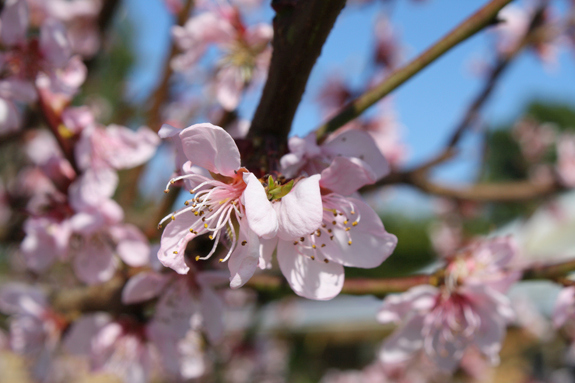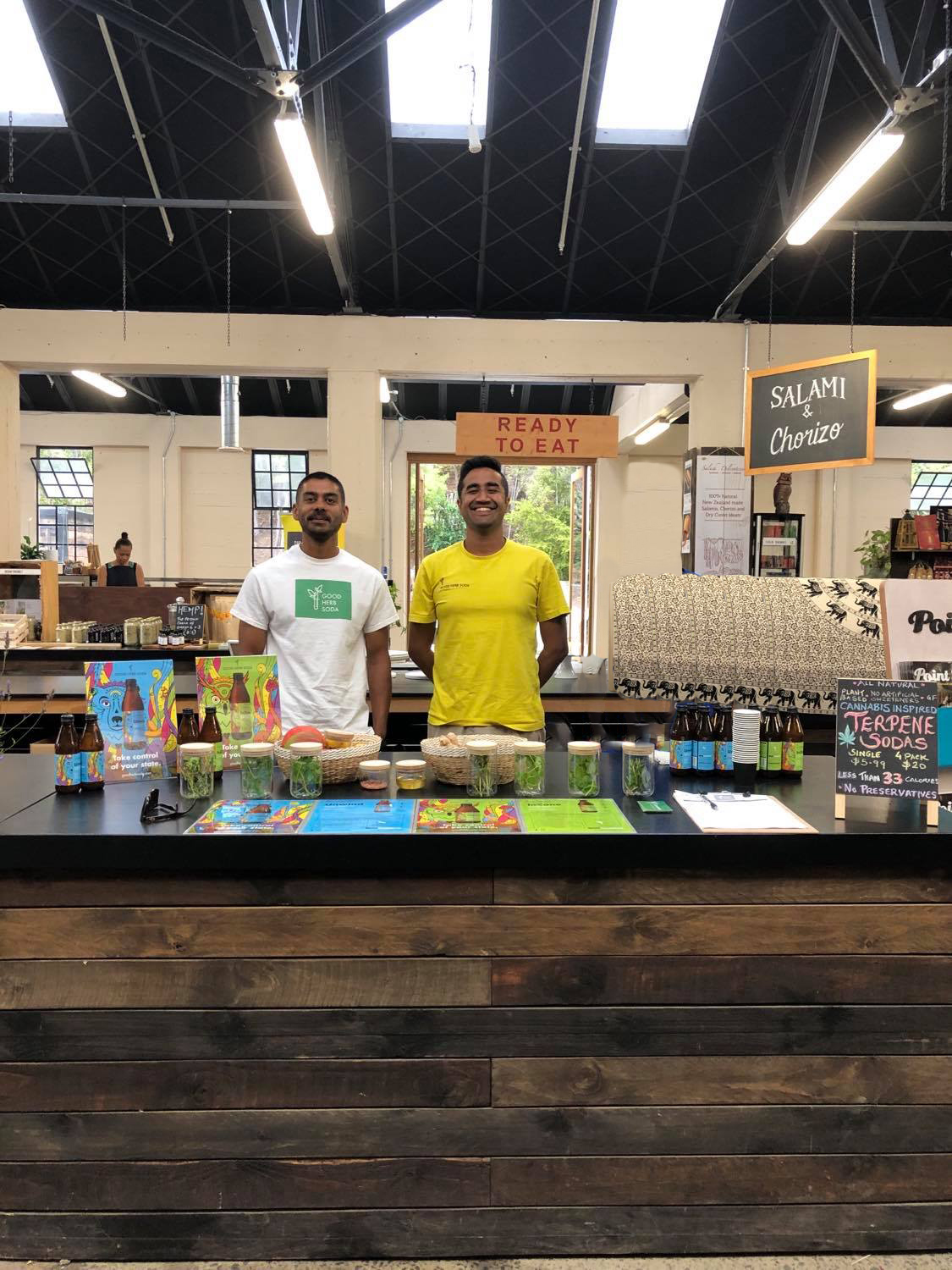As the debate on refugee rights rages across the ditch, it’s worth considering the pros and cons of refugee resettlement. How much responsibility do we as a nation have for these people? Can they offer us anything in return? Grant Bayldon, head of Amnesty International in New Zealand, deals to a few misconceptions
What do Albert Einstein, the Dalai Lama, John Key’s mother and Jesus Christ all have in common?
They all fled for their lives from their countries and became refugees.
But not all refugees are so famous. If you’ve taken a taxi lately there’s a good chance you’ve been driven by a Burmese doctor, an Ethiopian teacher or a Syrian scientist – working long hours as resettled refugees to get their family established in a new country.
There’s not much of a public debate about our refugee programme in New Zealand. In many ways that’s a good thing. We only need to look at Australia to see what can happen when a complex and hugely important issue becomes a political hot potato. Lots of heat, not a lot of light.
But refreshing as the New Zealand ‘just get on with it’ approach to refugee resettlement is, it hides some important issues we’d do well to think and talk about.
Firstly, on the international stage we’re really not doing our bit when it comes to refugees – in fact our total annual intake each year is tiny by world standards, even for our size. Made up of mainly United Nations quota refugees, plus a small number of successful asylum seekers, New Zealand’s intake is around just 800 – a fraction of our total immigration numbers of around 50,000 per year. For all Australia’s faults on this issue, they take five times as many refugees as New Zealand on a per capita basis.
And secondly, there’s not a lot of public understanding on the subject. When I write on the topic in the newspaper, the online responses are always full of comments implying that refugees come here for economic reasons, or stating that if refugees were genuine they’d stay in the neighbouring countries they often pass through before they come here.
Many people are surprised to find out that in fact you can only become approved as a refugee if you can prove you are fleeing human rights abuse, war or death – and that staying in neighbouring countries is often not an option. Here’s why.
A Burmese man I met in Thailand last year – part of a terribly persecuted ethnic minority group called the Rohingya – told me his story. Racially motivated death threats had forced him to flee his country and his business with his wife and two young children. The family made it to Thailand, but like many countries that country doesn’t properly recognise refugee rights. If he stayed on he’d be an illegal immigrant there – he could not legally work, his children couldn’t go to school, and he’d be at risk of arrest, detention and deportation for the rest of his life.
“This planet is for everyone, borders are for no one.
It’s all about freedom”
–Benjamin Zephaniah, Refugee Boy
It’s no wonder he wanted to come to a country such as New Zealand that could resettle him legally as a refugee. But with so few places here he had little hope.
What these stories remind us is that there’s a strong case to help the world’s most vulnerable people, simply out of a sense of humanity – to offer the sort of helping hand we’d want if the roles were reversed.
And what of the other side, the benefits to New Zealand? Is accepting refugees just an act of charity or does it really stack up for us as a country?
New Zealand is a country that prides itself on punching above its weight on the world stage; this is how the Government is pitching its current international campaign for a seat on the United Nations Security Council. But without pulling our weight in areas such as refugee resettlement, peacekeeping and development, our international profile starts to just look like trade, trade, trade – a kind of cynical ‘Fonterra Foreign Policy’. Doing our share in resettling refugees is an important part of our international responsibility and credibility.
And what of the hard numbers – the actual contribution of settled refugees?
It’s difficult to get robust New Zealand data on this, but a recent major study in Australia by the Government’s Department of Immigration and Citizenship provides a good guide.
As you’d expect, the early years are often difficult for new refugees, so work rates start out lower, but they converge towards the national average with time in the country. It’s the second generation where things really start to take off, with work rates higher than the national average. The study concludes that there are significant economic benefits to the host country, with refugees more likely to start businesses and to move to rural areas where there are labour shortages.
The research also outlines the important strengthening of international links refugees provide – and for trading countries like New Zealand and Australia these connections are of major significance.
But while the positive spin-offs for New Zealand in accepting refugees are to be had, they’re not really the point. The Refugee Convention – the United Nations agreement under which we take quota refugees and asylum seekers – was drawn up after the Second World War. We all know of the horrors of the Nazi regime, but what isn’t so well known is that people who fled Nazi Germany often had no legal way of claiming protection in the countries to which they escaped. Tragically many were sent back to their deaths.
So the Refugee Convention recognised a basic human right: to seek protection if we are forced to flee our country. If we believe that this should be a fundamental right that all of us should have – one that we would wish for ourselves one day, if it were ever needed – then New Zealand needs to play its part now in providing this protection for others.
That’s why Amnesty International is urging all New Zealand political parties to seek an increase in the number of refugees we accept, and to work with other countries in the Asia Pacific region to provide a range of settlement options.
I often wonder what happened to that Burmese man, his wife and children. Did he risk staying on illegally in Thailand, or risk getting on a boat to try to get to Australia? Is he still waiting in the hope that a place in a country like New Zealand will come up for him one day? Let’s make that possible for more people.
Want to take action?
Let your local MP know that these are issues you care about. Go to www.amnesty.org.nz for more.
People throughout New Zealand are already doing inspiring work to help refugee families resettle here, with more needed. One practical way to help is as a volunteer. Contact the Red Cross Refugee Services at www.refugeeservices.org.nz for details.







